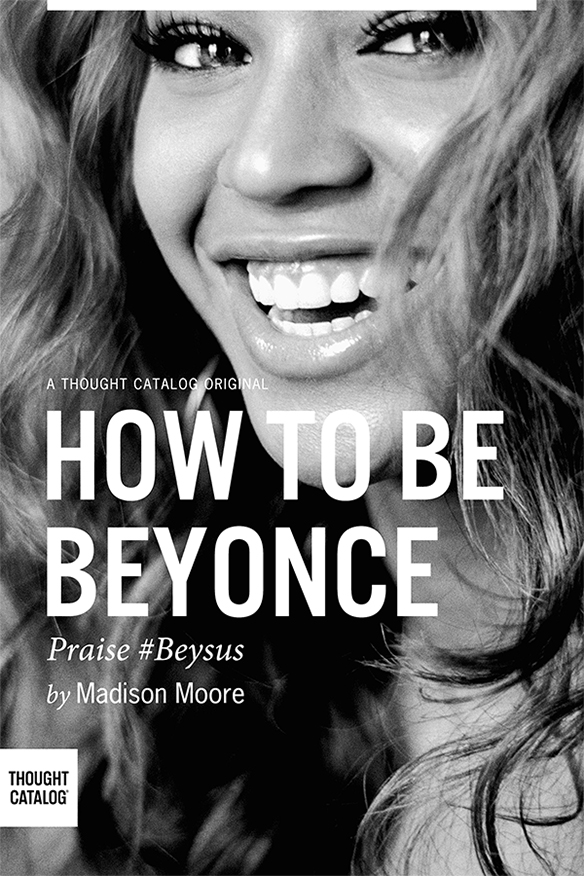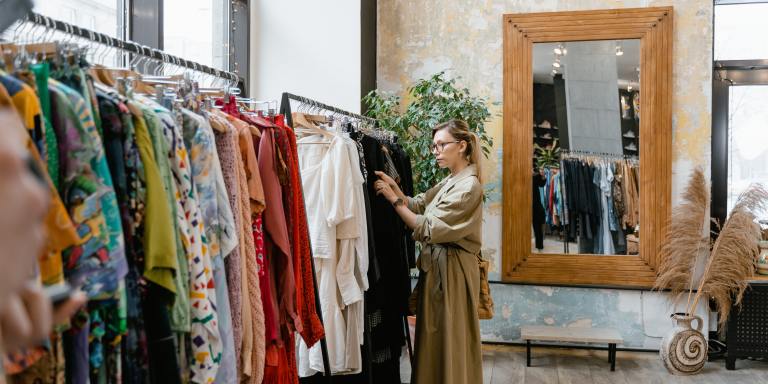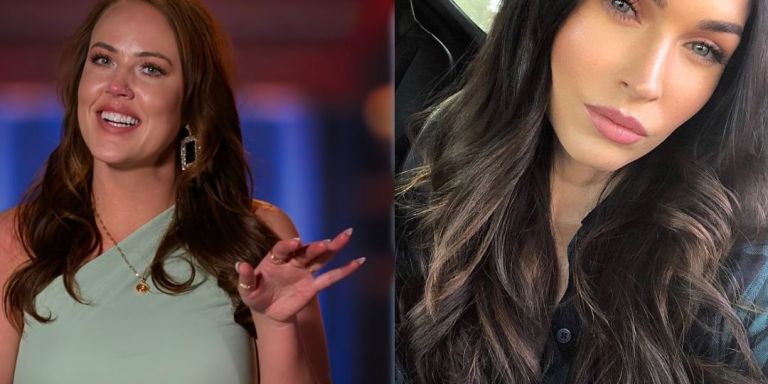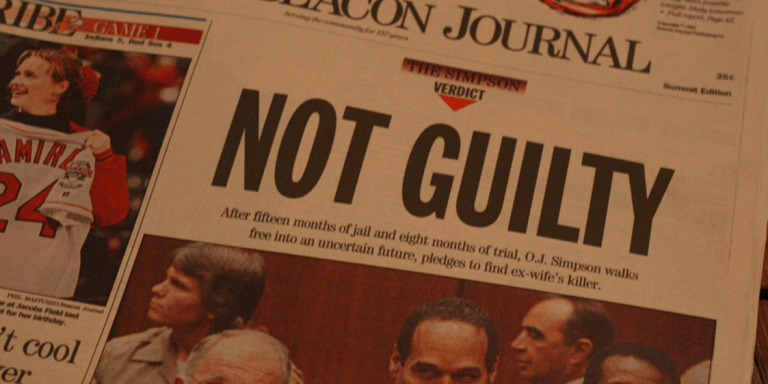
We always say that you can’t judge a book by its cover. Don’t judge people by what’s on the outside — get to know them and judge them by what’s on the inside. Sayings like these always seem braided up in political correctness. However, we know it’s difficult if impossible not to judge a book by its cover. To live in the social world means that we are constantly reading messages given off by other people, judging (or maybe “reading”) them even when we’re not being judgmental. You might think a person wearing a suit on a Tuesday afternoon has a lot of money even if they don’t, and there’s a reason Stop and Frisk programs uniformly target minority youths.
So even if you can’t judge a book by its cover, we do. And do it every day. But that’s not the bad part. The bad part is when those judgements instill, reanimate, or condone harmful stereotypes.
[ted id=1647]
Looks matter, especially when you’re beautiful. Pretty people get out of traffic tickets, they get dates faster, drinks faster, and they get hired before everybody else. This was the point of model Cameron Russell’s amazing TEDTalk “Looks Aren’t Everything. Believe Me, I’m A Model” where she talked about how many unfair advantaged she’s gained in life because she’s a tall, thin, pretty white woman. The talk was exceptionally poignant because Russell, who went to Columbia, talks powerfully about the lack of diversity on the catwalks, about how dumb modeling is as a dream career path, and about her own white privilege. She talks about the value that her own whiteness has afforded her, and it’s exciting to see her tackle the issue the way she does.
Being a model isn’t a career you earn or something you go to school for. In probably the most powerful moment of her talk, Russell says that she became a model because she won a “genetic lottery” — she didn’t earn it. Why go through life getting things you didn’t earn or work hard for? She got what she doesn’t deserve.
Beautiful people are always going to have the upper hand unfortunately, and I think looks absolutely matter. Looks can be positive. I don’t mean relative attractiveness, but the overall image package we project out into the world. These packages contain the stuff of our interests, likes, dreams, desires and personality traits. We all live in society, and that automatically requires us to have an image package, whether we want one or not.
Because if we don’t define ourselves, somebody else will.
But the takeaway from Russell’s talk is that we need to remember that the beautiful women in fashion ad campaigns are not people: they’re image constructions. There’s no need to hate your body because we are fed images and constructions of perfection that have been crafted and put together by stylists and creative directors and art departments and hair people and make up artists and photographers and digital enhancement teams.
Love yourself the way you are. ![]()






